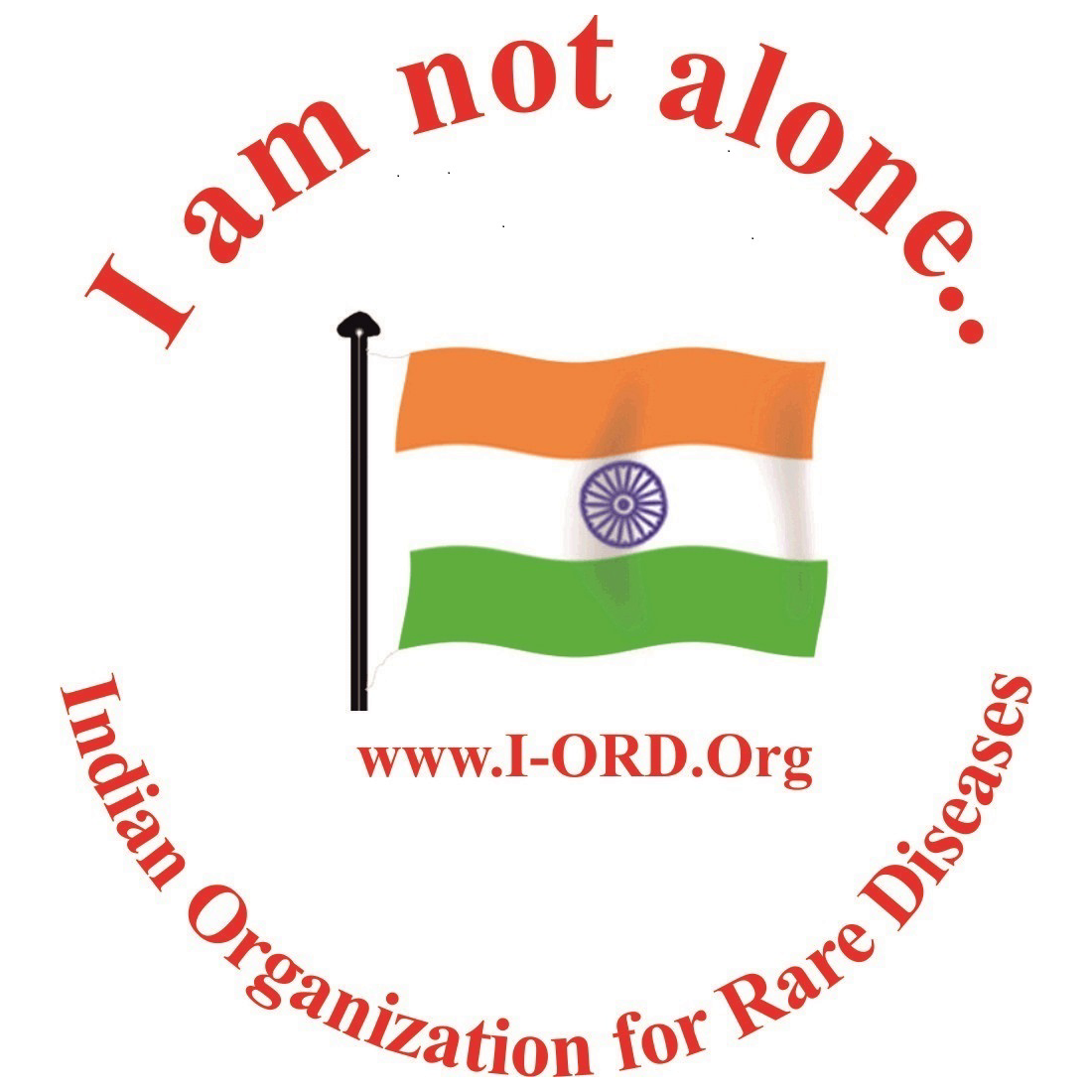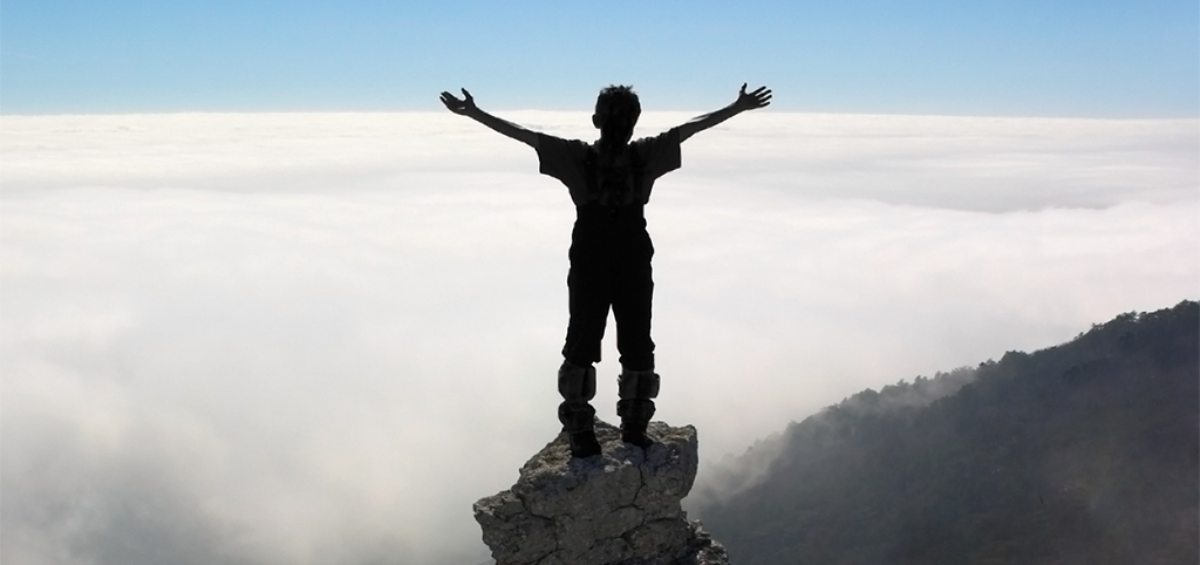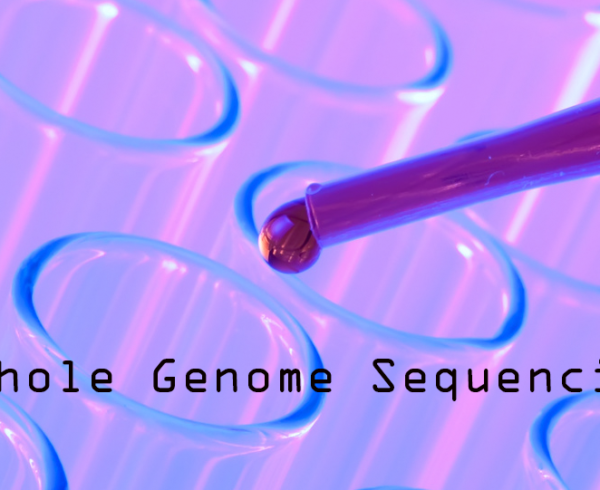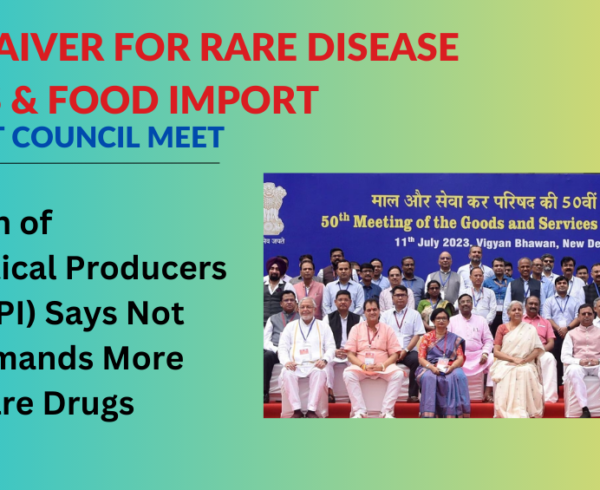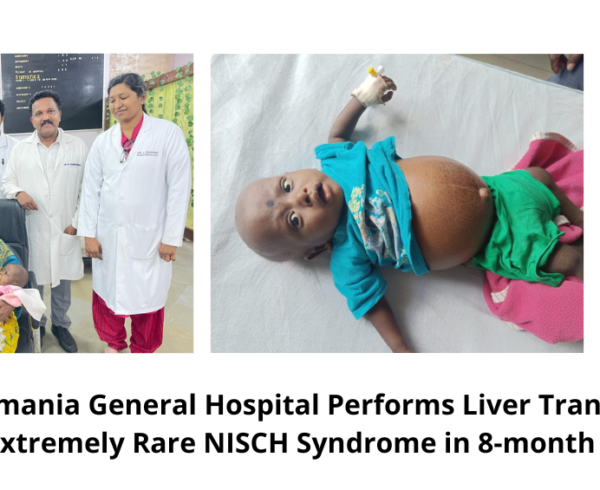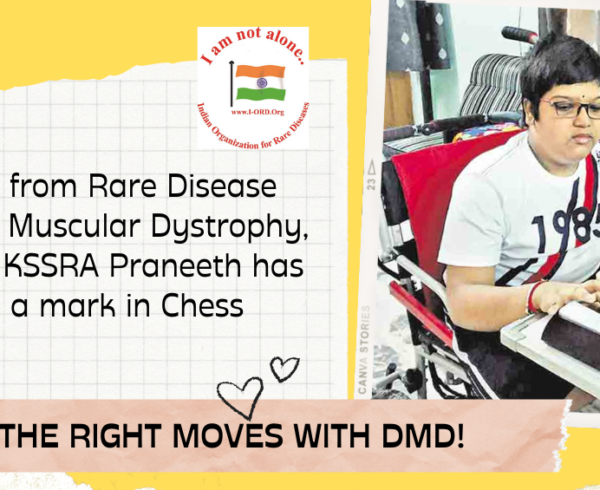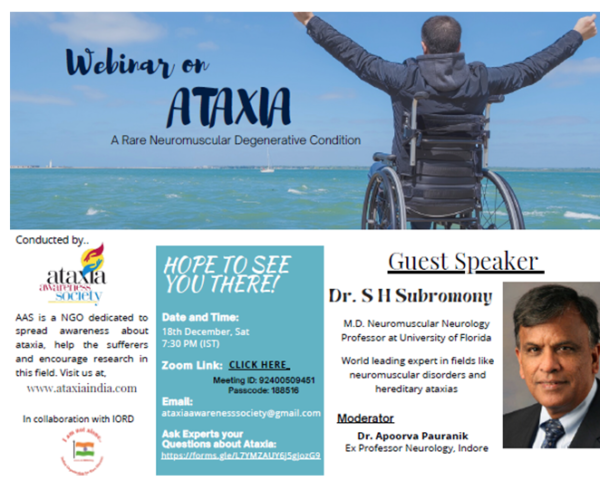Living with Isaac Syndrome – known to be having less than 40 recorded cases in India as quoted in this article – came along with baggage of issues for Rare Disease survivor Rachit Shah, throwing his life into a chase for treatment & recovery from the rare disease.
Diagnosed in 2016 with Issac Syndrome (also called Neuromyotonia), Rachit Shah had at one point of time used to take 38 medicines a day and remained bedridden for two years!
He is now leading a life of independence, while simultaneously searching for an elusive permanent cure.
What is Neuromyotonia or Issac Syndrome?
This rare disease is characterised by spontaneous muscle movement – both contraction and relaxation – and muscle weakness triggered by peripheral nerve region. This specific rare condition of ‘continuous muscle fibre activity’ was first described by Issacs in 1961.
We sought to know more from Rachit Shah about the rare disease and his personal battles against this rare condition.
Signs & Symptoms:
Rachit primarily faced difficulty in walking and experienced severe pain throughout the body (specifically lumbar region), followed by weakness and diarrhea. However, Neuromyotonia has also several other characteristic symptoms:
• Muscle Twitching
• Fasciculation throughout the body
• Body pain
• Tiredness
• Immense mood swings
• Muscle loss
• Weight loss
• Weakness
• Back pain
• Loss in appetite
• Body prone to infections
• Body stiffness
• Acidity
• High Uric Acid
• Bloating of stomach
When does one suspect Neuromyotonia?
The first sign of hint for Neuromyotonia came from Rachit’s Gastroenterologist when the latter noticed high CPK levels (an indication that there has been an injury or stress in the muscle tissues).
A spate of tests followed to confirm the diagnosis: several blood tests, urine tests, CPK levels, MRI, EMG (main test), some antibody tests, Caspr2, GAD (glutamic acid decarboxylase) were performed.
Treatment for Neuromyotonia:
Symptomatic treatment for Neuromyotonia is known to work fairly well for rare disease patients suffering from this condition, according to a research publication in the European Journal of Neurology (see paragraph under Symptomatic and immune-directed treatment, page 6).
While Rachit opted for private hospital treatment for medical management of his condition, he claimed that alternate and holistic treatment using AYUSH methods including Ayurvedic, Homeopatic, Yoga, Meditation, Sun therapy, Tai chi, Laughter therapy etc equally were effective in his case.
……………
* Rachit Shah is the assumed name of the Rare Disease Survivor. You can contact him at rachitshah421@gmail.com
